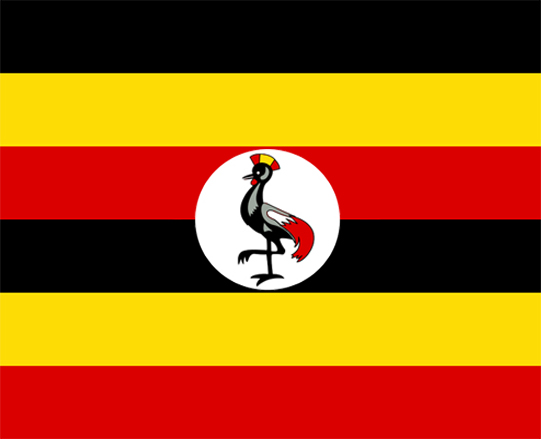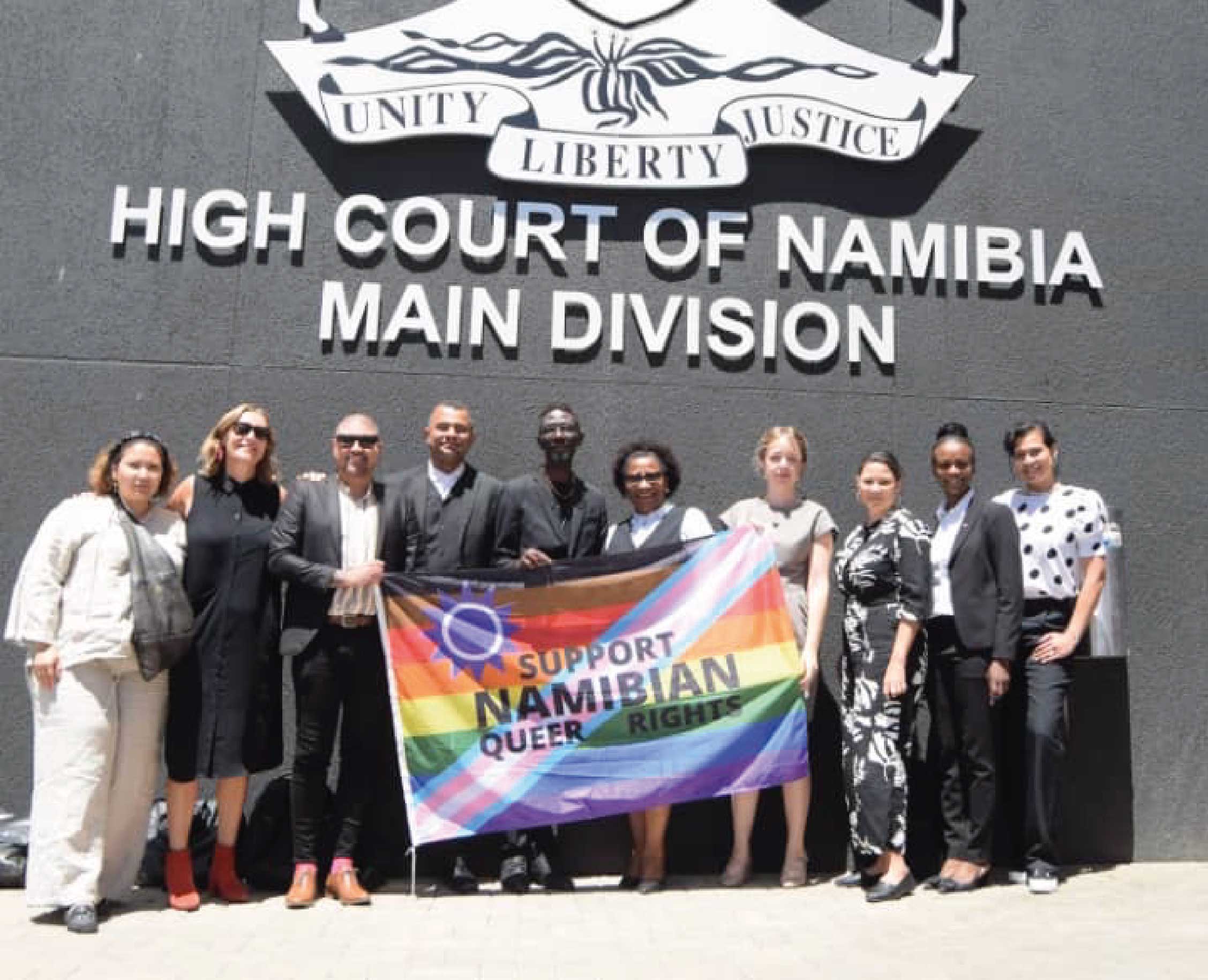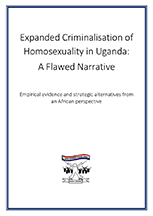The Human Dignity Trust vehemently condemns Uganda’s President Yoweri Museveni’s recent signing of the draconian Anti-Homosexuality Act 2023 into law.
‘In enacting this legislation, Uganda has chosen to flagrantly ignore its human rights obligations, including under the African Charter on Human and Peoples’ Rights. Above all, however, the new law is in clear violation of Uganda’s own Constitution, which enshrines the rights of all citizens to dignity, equality, freedom from inhuman or degrading treatment, freedom of expression and association, and privacy, irrespective of their sexual orientation or gender identity,’ says Téa Braun, Chief Executive of the Human Dignity Trust.
With the passing of this law, Uganda stands in stark contrast to many other countries in Africa, where courts or legislators in leading nations like South Africa, Botswana, Mozambique, Angola, Seychelles and Kenya have eschewed the ugliness of prejudice, and upheld constitutional and international law and the values of tolerance and diversity in recent years.
‘Frankly, it is reminiscent of medieval times, of ignorance and witch hunts. It is now vital that the international community act to support local human rights defenders and the wider LGBT community, and take a stand against these regressive moves,’ added Braun.
The Human Dignity Trust calls on governments to:
|
The new Act, which came into effect upon being published in the Gazette on 30 May, doubles down on colonial-era laws imposed on Uganda by the British, which outlawed consensual same-sex sexual activity. Some of its most egregious provisions include life imprisonment for the offence of homosexuality and the death penalty for so-called ‘aggravated homosexuality’. The Act also punishes the ‘promotion’ of homosexuality with up to 20 years in prison and introduces a ‘duty to report’ acts of homosexuality to the police, for which failure to do so where a child or vulnerable person is involved could result in five years’ imprisonment.
Instead of creating a safe, more inclusive, tolerant and just society for all, discriminatory laws such as the Anti-Homosexuality Act 2023 foster an atmosphere of stigma and hatred, and enable violence and harassment against LGBT people, whilst also having a broader negative impact on civil society organising and respect for human rights.
These laws are also well known to fuel the HIV crisis, and especially so as this new legislation considers transmission of HIV an aggravating factor with the possibility of the death penalty.
In a joint statement two days ago, UNAIDS affirmed that ‘Uganda’s progress on its HIV response is now in grave jeopardy’ and that the Act will ‘obstruct health education and the outreach that can help end AIDS as a public health threat’. According to their research, the HIV prevalence rate among men who have sex with men in sub-Saharan African countries that criminalise homosexuality is five times higher than in countries without such laws.
Fox Odoi-Oywelowo, a Ugandan Member of Parliament who consistently voted against the bill, has pledged to ensure the Act is removed from the lawbooks and, along with a group of leading LGBT human rights activists, has already petitioned Uganda’s Constitutional Court to strike the Act down on the grounds that it is unconstitutional, whilst also seeking a permanent injunction to prevent it coming in to force.
Notes to Editors
- Visit the Human Dignity Trust’s interactive map to find out more on Uganda and see which countries across the world continue to criminalise LGBT people.
- The Human Dignity Trust works with local partners around the world to defend human rights in countries where private, consensual, same-sex sexual activity is criminalised. We provide free technical assistance to LGBT activists, civil society organisations, lawyers and governments wishing to challenge and reform laws that persecute people on the basis of their sexual orientation and/or gender identity.
For more information and to arrange interviews contact:
Emma Eastwood, Head of Strategic Communications, Human Dignity Trust
T: +44 (0)20 7419 3770 / E: emmaeastwood@humandignitytrust.org / Twitter: @HumanDignityT



